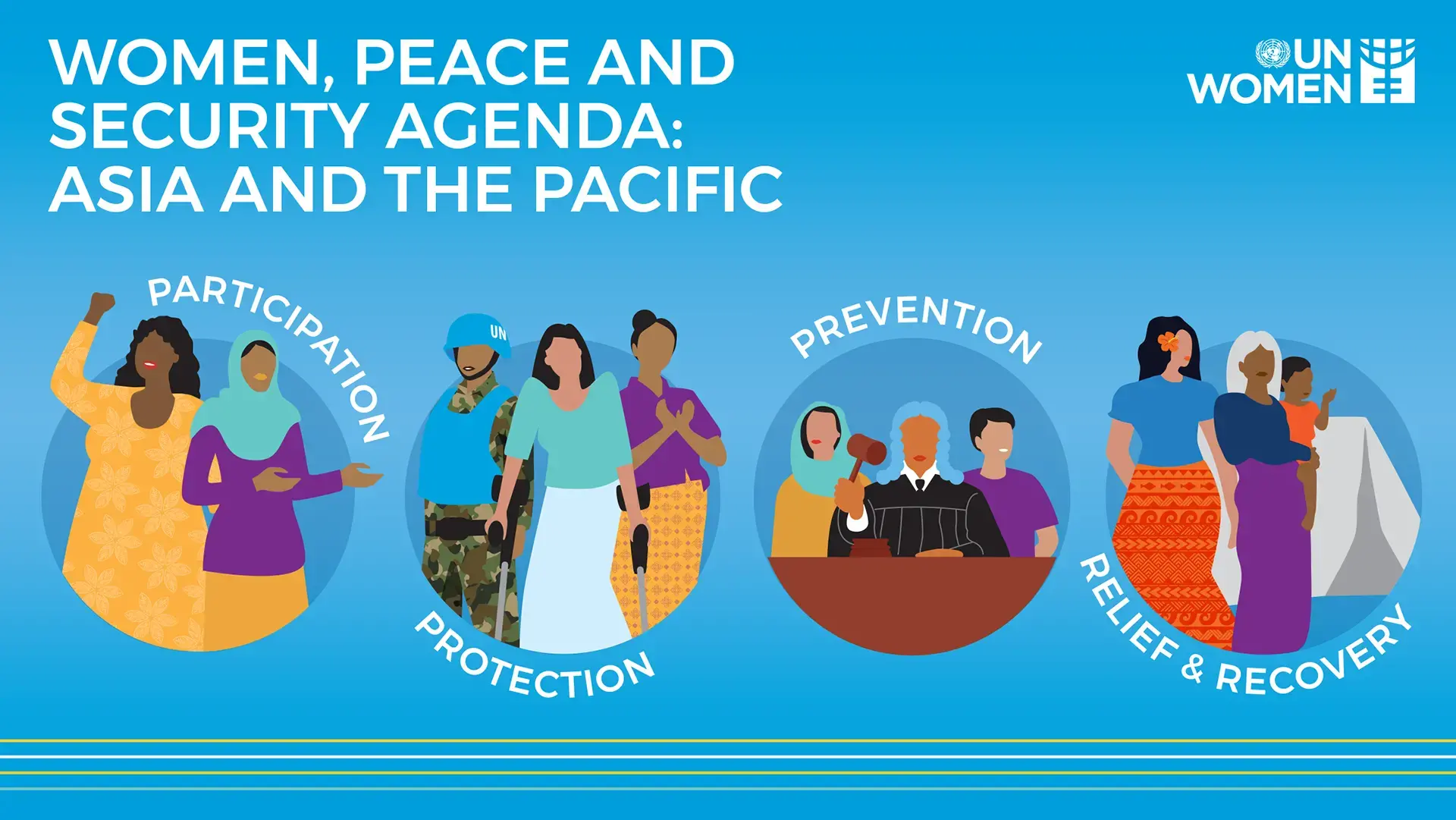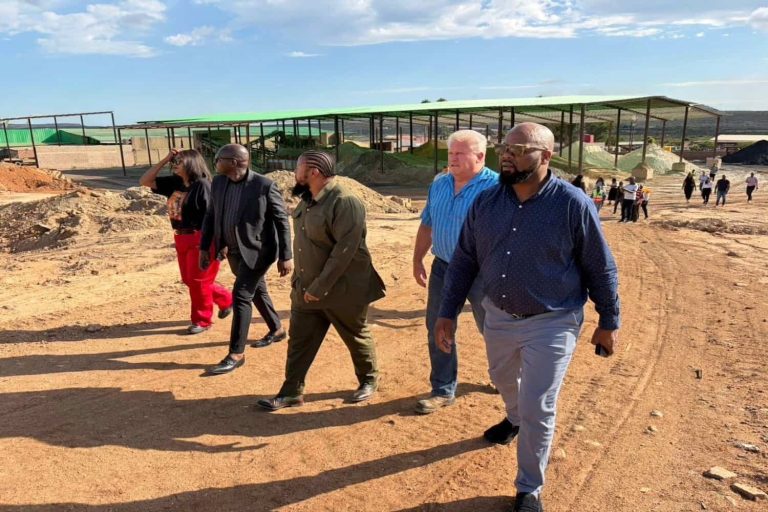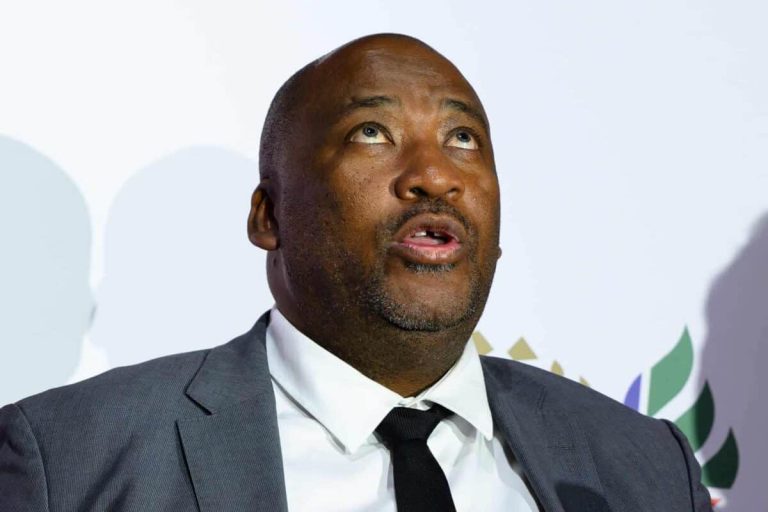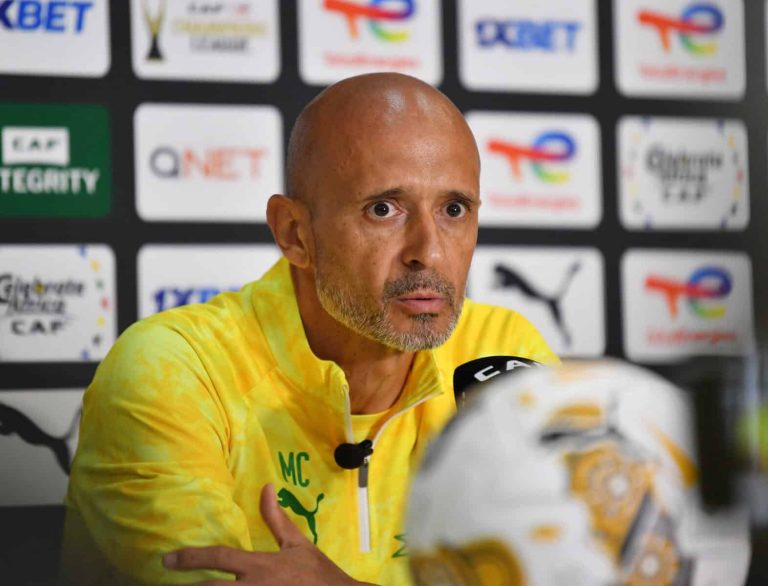
The United Nations has reaffirmed that gender equality remains essential to achieving lasting global peace as the world marks the 25th anniversary of the Women, Peace and Security (WPS) Agenda, established under Security Council Resolution 1325.
“The resolution was a real game-changer,” said Laura Flores, Americas Division Director at the UN Department of Political and Peacebuilding Affairs (DPPA), in an interview with UN News.
She noted that Resolution 1325 transformed global understanding of women’s roles in conflict and peacebuilding.
A UN release dated October 31, 2025, reviewed by our correspondent on Saturday, echoed her remarks.
“People finally started recognising that women aren’t just affected by conflict—they’re also key to resolving it,” Flores said. “It’s about ensuring women have a seat at the table when peace is being negotiated and that their voices shape decisions on recovery and security.”
According to the UN Secretary-General’s latest report on Women, Peace and Security, nearly 700 million women lived within 50 kilometres of deadly conflict zones last year.
The report documented an 87% rise in sexual violence over the past two years, with 90% of peace processes excluding women as negotiators.
Despite the grim data, Flores highlighted signs of progress across the Americas.
The region recorded the highest average representation of women in parliament globally—41% in the Caribbean, 31.9% in South America, and 30.8% in Central America.
Countries such as Mexico, Chile, and Colombia have adopted feminist foreign policies promoting gender equality in diplomacy, peacebuilding, and development. “These policies are still new and require strong coordination and support to take root, but they mark genuine progress,” she said.
The UN has been actively supporting countries in implementing the WPS Agenda.
In Chile, it backed a presidential commission addressing conflict dynamics in Indigenous areas, with particular focus on challenges faced by Mapuche women.
In Colombia, the DPPA supported the development of the country’s first national action plan aligned with Resolution 1325.
In Haiti, the UN is working with UN Women to assist survivors of gender-based violence.
However, Flores warned that gender-based violence remains “alarmingly high” across the region, noting that at least 11 women are murdered every day in Latin America.
She added that political violence and digital harassment against women leaders are worsening, while women’s political participation remains low in several countries.
“The region has momentum, but it needs protection, investment, and political will to keep moving forward,” she stressed.
Flores also underscored the pivotal role of Indigenous women in sustaining peace and democracy. “Indigenous women are often the hardest hit by conflict, yet they remain incredibly resilient and central to peace efforts,” she said.
Among the prominent figures she highlighted is Otilia Lux de Cotí, an Indigenous leader and the only Maya K’iche’ woman to have served as a government minister in Guatemala.



